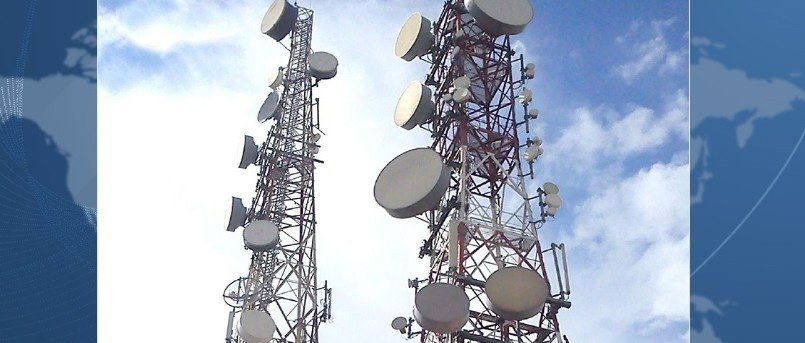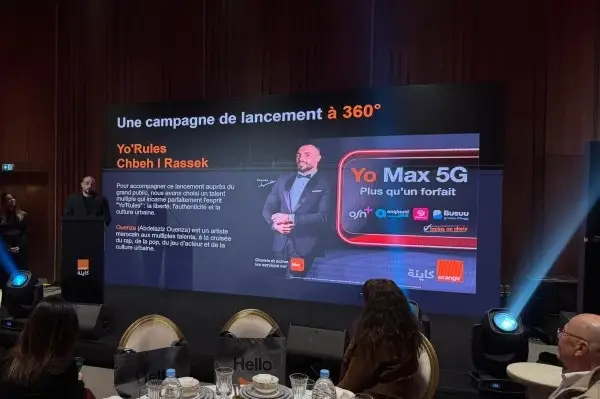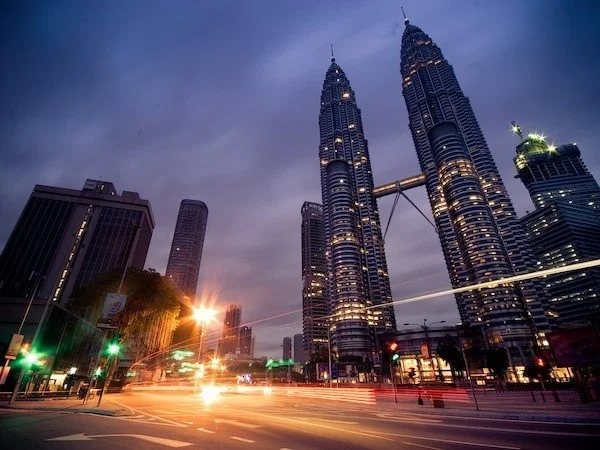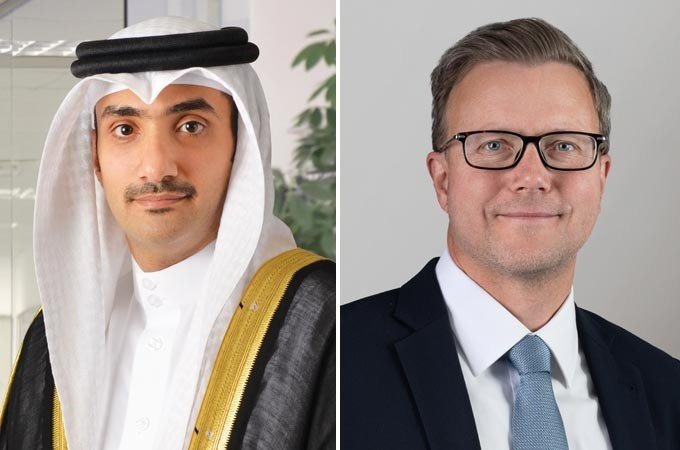Iraq is moving to position itself as a key transit hub for global internet traffic, with several subsea cable initiatives designed to route data between Southeast Asia and Europe through the Gulf. Mohammed Helou, head of Basra’s Communications Directorate, said the projects would enhance Iraq’s sovereignty, strengthen digital security, and attract international firms to establish data centers in the country.
Currently, systems like Falcon and GBI already connect India and Southeast Asia to Europe via the Gulf. Baghdad now seeks to expand this network and place Iraq at the center of regional data flows.
The most ambitious project is Tawafrica, a 45,000-kilometer subsea cable that will be the world’s longest of its kind. The line will run from Europe along Africa’s Atlantic coast, through the Horn of Africa to Southeast Asia, with a dedicated branch into Iraq. Construction is scheduled to begin in late 2025, with operations expected in 2026.
Other initiatives include the Fiber in Gulf system signed with Ooredoo earlier this year, the North Gulf SMW cable, and World Link to connect regional data centers. These projects will be anchored by landing stations at Al-Faw Port, enabling data to flow across Iraq’s national grid and into Europe. Officials say this will reduce latency, increase reliability, and expand overall capacity for global carriers.
The drive to strengthen digital infrastructure comes as Iraq seeks to diversify beyond oil, attract foreign investment, and establish itself on the global data connectivity map.
















One thought on “Iraq Plans to Become Regional Internet Transit Hub with New Subsea Cable Projects”
Comments are closed.